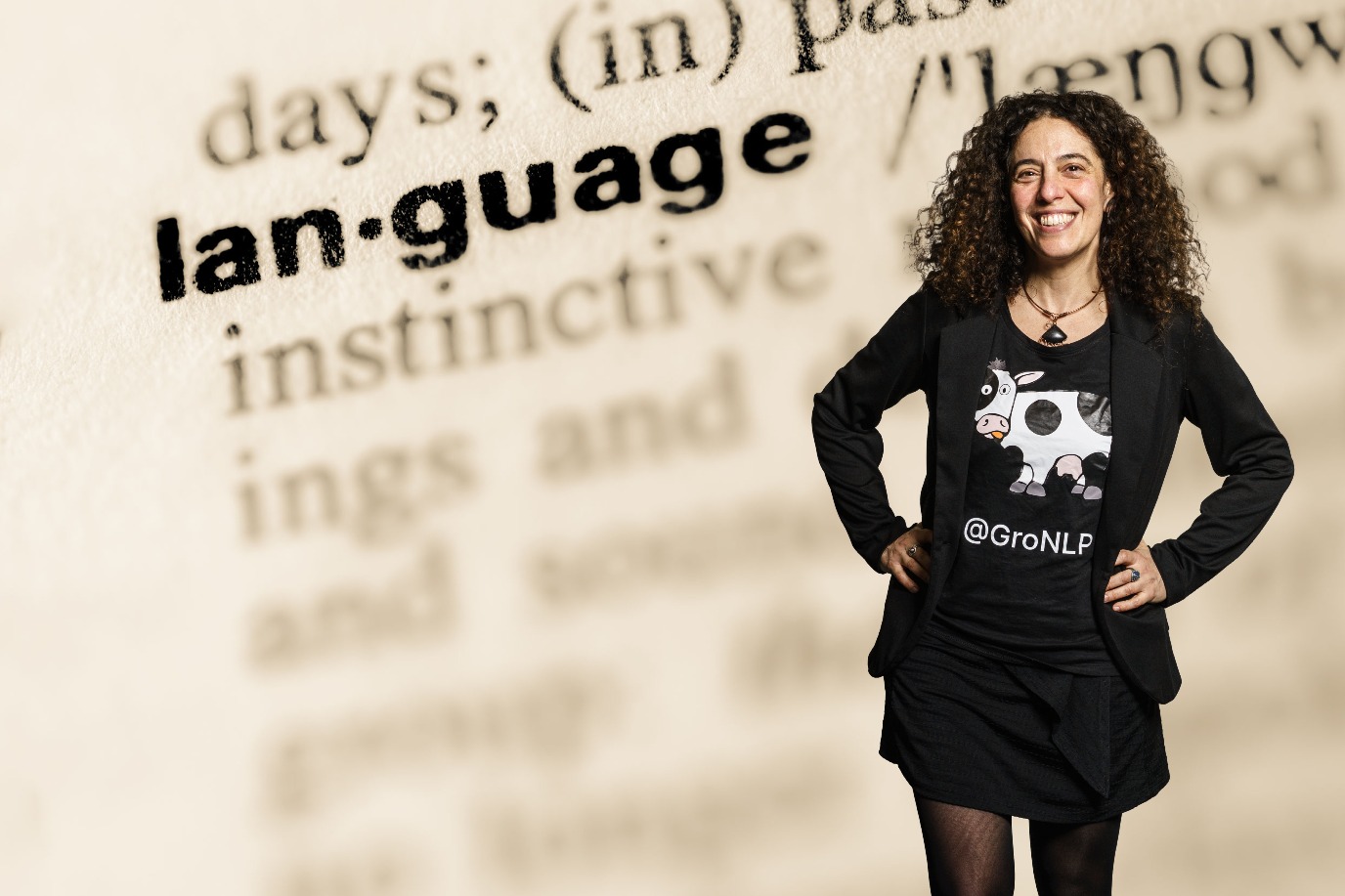AI and freedom of speech
On Saturday 3 May, we will celebrate World Press Freedom Day—a day on which we are reminded of the importance of press freedom and our duty to respect and uphold freedom of expression. This reminder is still very much needed given the struggles of journalists reporting from war zones or countries where dictators exercise censorship and there are all kinds of threats to press freedom. But in modern times, freedom of expression can also be seen as a luxury from the perspective of a technology-dominated life.

In just two years, language model-based conversational agents such as ChatGPT and similar programs have become the daily companions of hundreds of millions of users. The pressure to produce faster and faster combined with less-than-optimal remuneration means that journalists—like all professional writers—regularly use AI tools to support their writing process. It only takes a few seconds to write down a few key points containing the essential and factually correct information to produce a complete news article, written in fluent and flawless English. Language models are indeed very good at language—but what language, or better still: whose language?
Better model
Models learn language based on the trillions of words they are exposed to during their training process, as well as the instructions they receive to shape them into conversational agents. Ultimately, they are further refined to make them safer, fairer, more factually accurate, and generally ‘better’. But what is a better model? In the field of Natural Language Processing (NLP), we use benchmarks, including tests of, for example, logical and mathematical reasoning, as well as language skills to assess the progress of models and find out whether a next generation model is better—or worse—than the previous one. Yet ‘better’ does not necessarily mean that it is the preferred choice for every task.
This raises a broader question for both model developers and users: what language do we want these models to produce? Better can mean more correct, more standard, grammatically sound, but it can also mean more boring, more dull, more of the same. That may be fine for certain tasks, such as mindless administrative work, but for genuine writing, it’s a whole different story, isn’t it? Would we ultimately be willing to trade our freedom of thought for convenience? Will we be able to preserve the freedom to be ourselves—and with it, the freedom to choose, to deviate from the norm, to be provocative, to take a strong stance, to choose our own wording, phrasing, and style?
Critical thinking
This raises a broader question for both model developers and users: what language do we want these models to produce? Better can mean more correct, more standard, grammatically sound, but it can also mean more boring, more dull, more of the same. That may be fine for certain tasks, such as mindless administrative work, but for genuine writing, it’s a whole different story, isn’t it? Would we ultimately be willing to trade our freedom of thought for convenience? Will we be able to preserve the freedom to be ourselves—and with it, the freedom to choose, to deviate from the norm, to be provocative, to take a strong stance, to choose our own wording, phrasing, and style?
For a whole month, the Italian newspaper Il Foglio published a daily section written entirely with the help of AI. Although the experiment was well-received by readers, editor Claudio Cerasa admitted in an interview with Reuters that ‘the lack of critical thinking—of the model—was a handicap’.
Ongoing research in the field of language technology is also focusing on the development of highly personalized models. But is it desirable for models to be personalized to such an extent that they produce language identical to what we ourselves would produce, each individual with their own language? Wouldn’t it be better to have dull and clearly synthetic language, or would we rather have personalized texts that are indistinguishable from our own? Tools such as ChatGPT are incredibly helpful in supporting our writing process, but to what extent will the use of such tools affect our own critical thinking, creativity, and the way we describe reality?
The challenge ahead is threefold. First, how can we harness the potential of this technology and make it a useful companion rather than a replacement, so that we, as individuals and as a society, better understand what we can, and above all, what we want to outsource to AI, and what we should leave entirely to humans. Second, how can we ensure that humans remain involved in the development process from beginning to end, so that technological development remains human-centred and understandable. Third, how can we ensure that everyone has some knowledge of such technology and is able to understand its possibilities, limitations, and basic principles. As experts in the field, investing in AI literacy must therefore be central to the discussion, as human control and awareness of technology are the only ways in which freedom can be guaranteed.
Malvina Nissim is professor of Computational Linguistics and Society (Faculty of Arts) and coordinator of the Humane AI team t the University of Groningen.
More news
-
14 February 2026
Tumor gone, but where are the words?
-
19 January 2026
Digitization can leave disadvantaged citizens in the lurch
